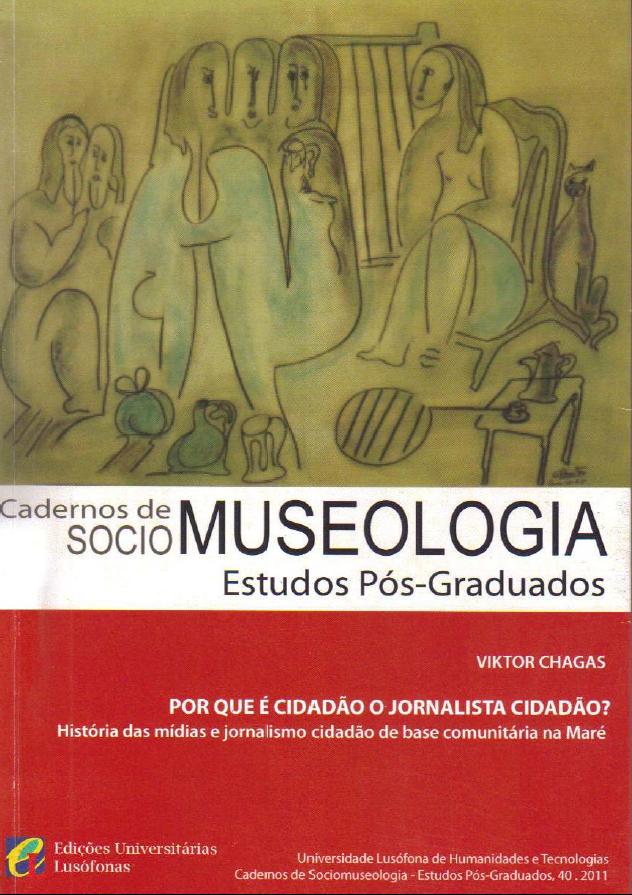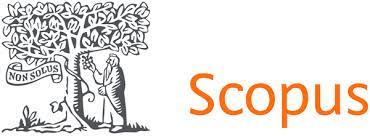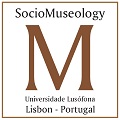Introdução
Abstract
ResumoAfinal, por que é cidadão o jornalista cidadão? Foi esta a pergunta que desencadeou todo um esforço de pesquisa no sentido de identificar práticas comuns nas diferentes experiências de jornalismo cidadão. Para desenvolver e tentar ampliar o conceito trabalhado, a opção foi de analisar o espectro da comunicação comunitária, sobretudo em veículos que tiveram origem na área da Maré, no Rio de Janeiro, nas últimas três décadas. Assim, mapeando algumas dessas experiências e selecionando casos entre os que chamaram mais atenção pela propriedade com que trabalham os aspectos relacionados ao jornalismo cidadão, esta dissertação se detém sobre o significado da cidadania para o cidadão-jornalista e a contribuição à identidade local prestada pela comunicação comunitária. Minha idéia é demonstrar como experiências deste gênero são capazes de não apenas de pautar meios tradicionais de mídia, mas sobretudo de ajudar a estabelecer dentro da própria comunidade uma cultura de mídia e uma esfera pública local, desenvolvendo uma reapropriação da identidade da favela e de seus moradores e contribuindo para a busca e/ou exercício da cidadania.
ABSTRACT
Why, after all, is the citizen journalist a citizen? This was the question that triggered an entire research effort to identify common practices in different experiences of citizen journalism. Trying to develop and expand this concept, the choice was to analyze the spectrum of communitarian communication, especially in vehicles with origin in the area of Maré, in Rio de Janeiro, in the last three decades. Thus, mapping some of these experiences and selecting cases among those who drew more attention due to how they work with aspects of citizen journalism, this thesis dwell on the meaning of citizenship for the citizen-journalist and on the contribution to the local identity provided by communitarian communication. My idea is to demonstrate how experiences of this sort can not only schedule traditional means, but especially help establishing inside the community a culture of media and a local public sphere, developing one reappropriation of the favela’s and the favela’s residents identity and, then, contributing to the search for and/or exercise of citizenship.
Downloads
Authors retain copyright and grant the journal right of first publication with the work simultaneously licensed under aCreative Commons Attribution License that allows others to share the work with an acknowledgement of the work's authorship and initial publication in this journal.













